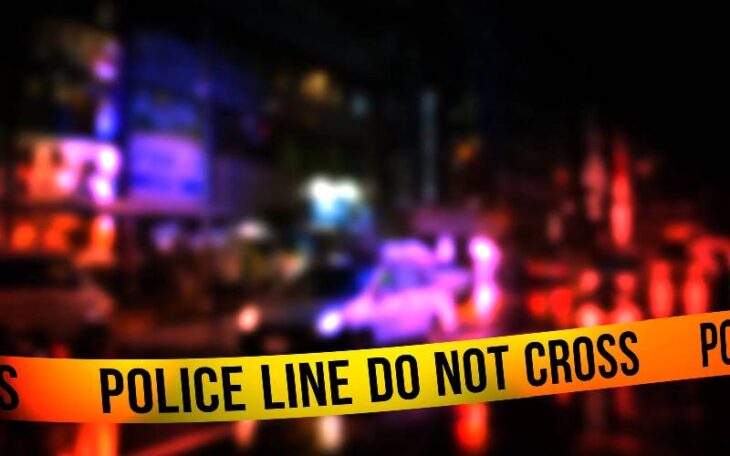NAIROBI, Kenya, Jun 10, 2022- Kenya has been plagued by violent criminal gangs for years, and their presence becomes more pronounced during election season.
Voter intimidation, election-related violence, and security threats have been attributed to these gangs, especially during the hotly contested races.
Like most countries in Africa, Kenya’s post-colonial era has been marred by ethnic, social, and economic tensions that have resulted in deadly clashes and disputes over natural resources.
With the country’s democratic ideals still in their infancy, electoral politics provides a platform for vested interests to leverage state power for personal or group gain.
Kenya’s history of electoral pandemonium dates back to 1992 when former President, the late Daniel Arap Moi regime used hired gangs, who dubbed themselves “Young Turks,” to harass and intimidate opposition candidates and voters.
During the 2007-08 post-election violence, rival ethnic communities armed themselves to fight against perceived election malfeasances, and criminal gangs took advantage of the chaos to commit crimes such as rape, murder, arson, and looting.
In 2013, the infamous “Mungiki” criminal gang instilled fear into the hearts of Kenyans in the Rift Valley region during the election period.
Mungiki, which means “multitude” or “United we shall stand,” is a Kikuyu ethnic group that started in central Kenya with the aim of promoting moral values and influence political power.
However, the group degenerated into a disorderly criminal ring involved in extortion, drugs, and murder.
Mungiki’s main strategy was to intimidate and coerce voters to vote for specific parties or presidential candidates.
The Mungiki gang used various tactics such as issuing warnings to opposition supporters of violence if they showed up to cast their votes, set up illegal checkpoints, and block roads to prevent non-Kikuyus from voting.
They even resorted to voter bribery by offering transport or food items to voters who pledged allegiance to their cause.
During this 2022 election season, some reports indicated that the outlawed Gaza gang, which has a stronghold in Nairobi’s Eastlands area, is reportedly getting involved in the electioneering process.
The Gaza gang, known for its brazen acts of violence and extortion, is believed to be working with politicians to disrupt their opponents’ campaigns.
The gang has also reportedly expanded their operations to unchartered territories, signaling their ambition to influence the political outcome.
Gaza’s violent reputation, which includes murder, rape, and extortion, has made it challenging for security agencies to contain their activities.
In conclusion, criminal gangs in Kenya have always found fertile ground during the election period, where their services are sought after by politicians who want to win at all costs.
The gangs do not play by the rules since their agenda is driven by selfish interests, including financial gain and protection from law enforcement.
The government needs to take proactive measures to dismantle criminal gangs and ensure free and fair elections.
Only then can Kenya begin to heal from the wounds of political violence, impunity, and corruption.
The writer, Angela Wangechi is a passionate journalist dedicated to uncovering the truth about human rights, security, and governance. With years of experience under her belt, she has a sharp eye for detail and an unwavering commitment to exposing the injustices that often go unnoticed.Whether she is covering protests in the streets or conducting in-depth investigations behind closed doors, she is always on the forefront of the fight for truth and justice.
Want to send us a story? Contact Shahidi News Tel: +254115512797 (Mobile & WhatsApp)


